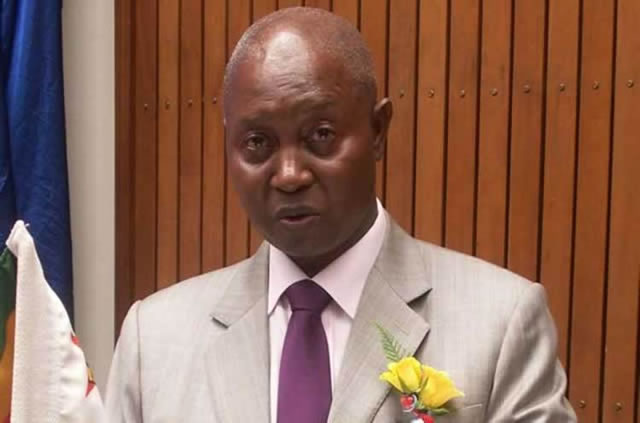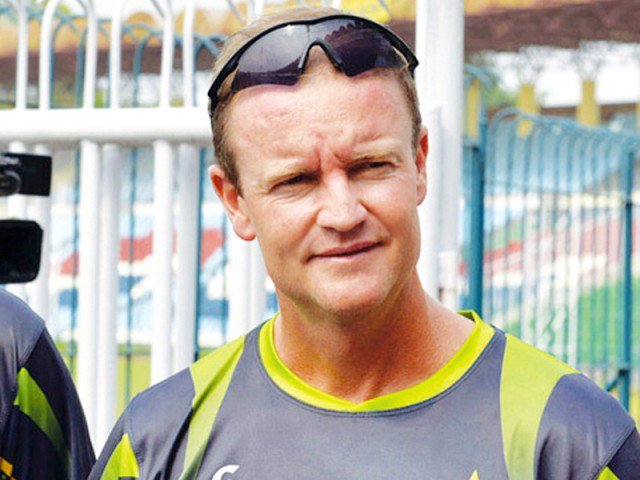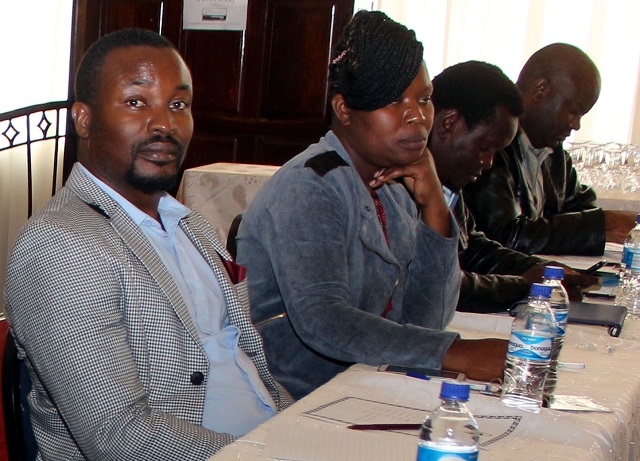Forensic audit unearths massive corruption at Zimra

Lloyd Gumbo, Harare Bureau
A forensic audit on the operations of the Zimbabwe Revenue Authority (Zimra) has revealed endemic corruption, violation of Government laws and poor corporate governance among other shenanigans.
According to the report, all these happened under the stewardship of suspended Commissioner-General Mr Gershem Pasi and five other executives.
Mr Pasi and the five managers were suspended in May this year after revelations that they corruptly imported their vehicles.
It also emerged that the revenue collector was losing millions of dollars to dealers who processed counterfeit undervalued import documents to smuggle vehicles and other products into the country.
As a result, the Zimra board, chaired by Mrs Willia Bonyongwe, requested the Auditor-General’s Office to carry out a forensic audit to verify the claims.
“The board was troubled when the scandal, relating to the importation of vehicles by the executive management broke out,” said Mrs Bonyongwe in a statement yesterday.
“The CG (Commissioner-General) had neither disclosed it to the board, nor taken any disciplinary action against the executives involved, four months after it happened.
“Naturally, the board sought to investigate the issue and on May 6, 2016, resolved to request the Office of the Auditor-General to carry out a forensic audit to investigate this matter and other issues relating to executive packages, procurement procedures among other things. To facilitate the audit, the board placed the CG and five executive managers on leave.”
Mrs Bonyongwe said the audit firm, HLB Zimbabwe Chartered Accountants, won the tender and started their investigations on July 1, 2016.
She said it was later discovered that the audit must be broken down into two parts following further revelations, which in essence changed the scope of the audit.
It was resolved that HLB Zimbabwe Chartered Accountants would proceed with the old scope while a new tender to investigate the ICT operating systems, procurement and governance structures would be floated.
Mrs Bonyongwe said Deloitte and Touche was awarded the tender on July 29, 2016, with their report expected in a fortnight.
On the latest report, Mrs Bonyongwe said: “HLB Zimbabwe Chartered Accountants have submitted the same to the Auditor General. We are obliged to report that the Zimra board has now received the audit report. “The report contains various adverse observations with respect to the operations of Zimra.
“The Zimra board shall study the audit observations but some of the key observations or findings of the audit relate to the following: systematic corrupt practices, abuse of office and fraud; violations of the Zimbabwe Revenue Act, as well as the Customs and Excise Act; poor corporate governance practices and weak internal control systems; disclosure issues with regard to the board and parent ministry; violations of procurement procedures; and abuse of the whistle blower facility, among others.”
Mrs Bonyongwe said the board would deliberate on the audit report and come up with remedial measures in accordance with the Zimbabwe Revenue Act, Zimra Code of Conduct and the Labour laws of Zimbabwe.
She said in the interest of transparency, an executive summary of the report would be availed once all the necessary procedures had been done.
Mrs Bonyongwe said while the Revenue Authority Act Chapter 23:11, Section 5(1), mandated the control of Zimra to its directors, corporate governance principles stipulated that the board was the accounting authority.
To that end, she said, the board was liable for any systematic failure of Zimra despite the fact that the day-to-day running of the revenue collector was delegated to management.
“Furthermore, the board has fiduciary and legal duties to the Zimra, but the ability of the board to discharge these duties is contingent upon the competency and cooperation of its management principally the Commissioner General (CG).
“The accuracy, timeliness and completeness of the flow of information to the board is vital to avoid any shocks, which may have considerable effects to stakeholders,” said Mrs Bonyongwe.











Comments